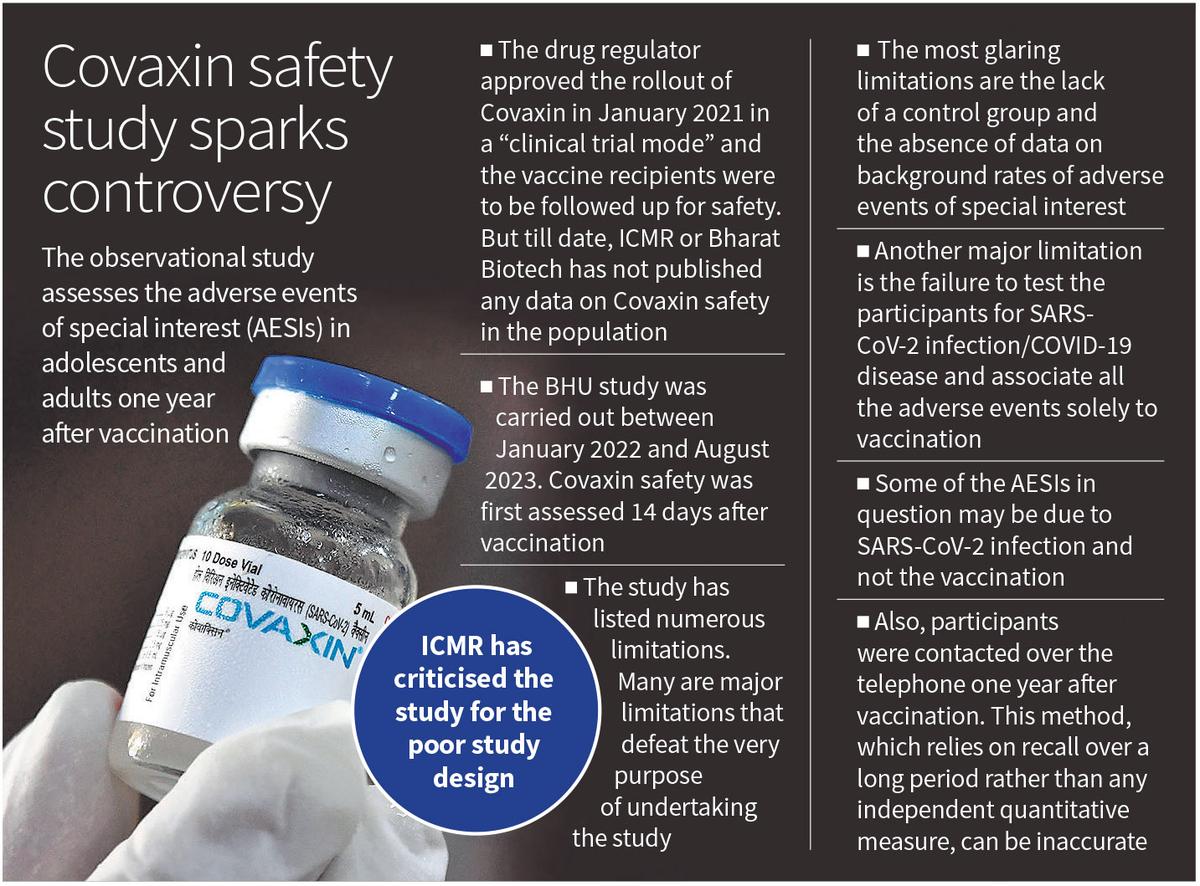File photograph used for representational purposes only
| Photo Credit: AP
A blood test measuring fats in serum could help predict if weight loss will be effective in helping a pre-diabetic patient manage blood sugar levels, according to a new study.
Pre-diabetics are individuals whose blood sugar levels are higher than normal but not yet in the diabetic range.
Analysing fats in blood serum, researchers at the University of Sydney, Australia, found that while weight loss through dieting significantly impacted several types of lipids (fats), changes in different fats affected different types of blood sugar.

For example, changes in fasting blood sugar were linked to certain sphingolipids — a type of fat found in a cell’s outer layer — while those in HbA1c, insulin and insulin resistance were linked to other fats in blood serum.
“Six baseline bioactive sphingolipids primarily predicted changes in fasting plasma glucose. In addition, a number of baseline lipid species, mainly diacylglycerols and triglycerides, were predictive of clinical changes in hemoglobin A1c, insulin and HOMA-IR (Homeostatic Model Assessment for Insulin Resistance),” the authors wrote.

Weight loss through a low-energy diet — low-carb, fibre-rich — is commonly recommended to help pre-diabetic people bring blood sugar levels back to normal.
However, the researchers said that over half of these individuals do not achieve normal blood sugar levels afterwards.
They found that measuring certain fats in serum before one loses weight could predict which type of blood sugar will improve following weight loss. The findings were published in The American Journal of Clinical Nutrition.
“Our findings reveal that certain fats in the blood can tell us a lot about a person’s chances of improving their blood sugar levels through weight loss,” lead author Yanfei (Jacob) Qi from the university’s Centenary Institute said.
For the study, blood serum samples from 104 pre-diabetic participants were analysed before and after they started a low-energy diet for eight weeks. In this duration, the individuals were found to have lost at least eight per cent of their body weight.
Lipidomics — the use of AI-based techniques to study changes in hundreds of different lipids — was used in analysing the serum samples.
“(The findings) could be a game-changer in how we approach diabetes prevention, allowing us to personalise treatment plans for those who are less likely to benefit from standard diet recommendations,” Qi said.










